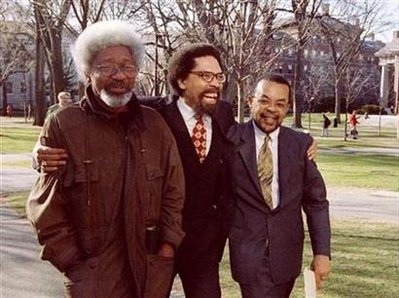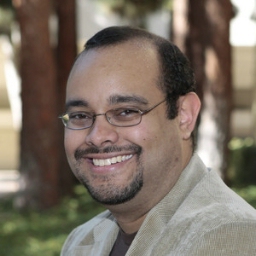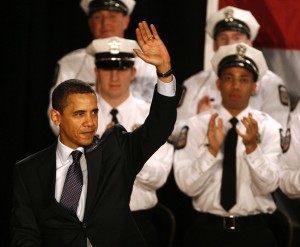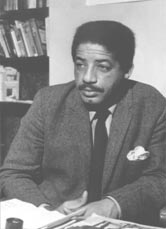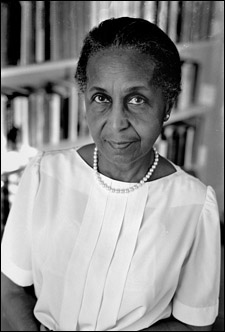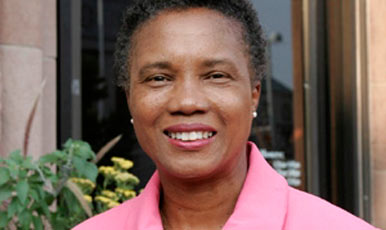The Political Power of Black Sororities

Valerie Jarrett is one of the highest ranking Black women ever appointed to a presidential advisory post. To read more about Jarrett, follow this link.
(Photo Source: Swamppolitics.com)
***
People who are unfamiliar with the phenomenon of Black Greek letter organizations often react with surprise when they learn these groups are as active and influential at the alumni level as they are on college campuses.
An article in today’s New York Times Magazine illustrates quite beautifully how the post-graduate activism of at least on Greek letter organization has transformed from a college sorority into a political force to be reckoned with.
I hope you enjoy this anecdote as much as I did:
On Jan. 25, 2008, the day before the South Carolina Democratic primary, Barack Obama endured a grueling succession of campaign events across the state. When his staff informed him that the evening would conclude with a brief show-up at the Pink Ice Ball, a gala for the African-American sorority Alpha Kappa Alpha, Obama flatly refused to attend. “I’ve been to sorority events before,” he said. “We’re not gonna change anybody’s mind.”
Rick Wade, a senior adviser, Stacey Brayboy, the state campaign manager, and Anton Gunn, the state political director, took turns beseeching their boss. The gala, they told Obama, would be attended by more than 2,000 college-educated African-American women, a constituent group that was originally skeptical of the candidate’s “blackness” and that the campaign worked tirelessly to wrest from Hillary Clinton. State luminaries like Representative James Clyburn — himself an undeclared black voter — would be expecting him. They would be in and out in five minutes.
Obama’s irritation grew. “Man, it’s late, I’m tired,” he snapped. “I’m not going to any sorority event.”
The three staff members knew what their only option was at this point. “If you want him to do something,” Gunn would later tell me, “there are two people he’s not going to say no to: Valerie Jarrett and Michelle Obama.”
At the day’s penultimate event, a rally in Columbia, Gunn, Brayboy and Wade pleaded their case to Jarrett, the Obamas’ longtime friend and consigliere. When they were finished, Jarrett told them, “We can make that happen,” as Gunn would recall it. Jarrett informed Michelle of the situation, and when the candidate stepped offstage from the rally, Obama’s wife told him he had one last stop to make before they called it a night.
“I told Anton I’m not going to any Pink Ice Ball!” Obama barked.
Then Jarrett glided over to the fuming candidate. Her voice was very quiet and very direct.
“Barack,” she said, “you want to win, don’t you?”
Scowling, Obama affirmed that he did.
“Well, then. You need to go to Pink Ice.”
“And he shuts up,” Gunn recalls, “and gets on the bus.”
— From “The Ultimate Obama Insider” by Robert Draper, The New York Ties Magazine for July 25, 2009
Posted by Ajuan Mance
Posted in Uncategorized | Comments Off on The Political Power of Black Sororities
